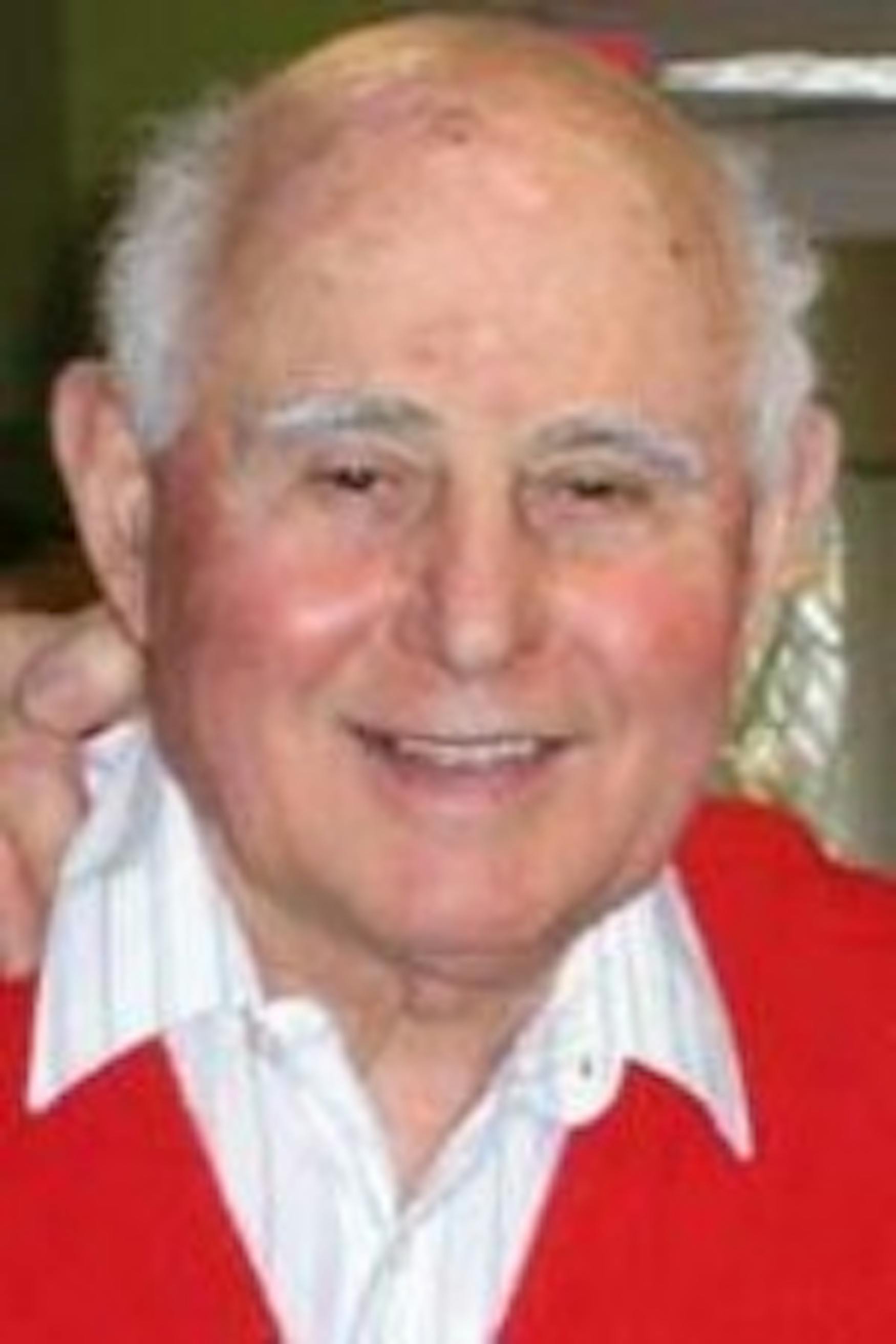Bernard Reisman dies at the age of 85
Prof. Emeritus Bernard Reisman, Ph.D. '70, founding director of Brandeis' Benjamin S. Hornstein Jewish Professional Leadership Program and an inspiration and mentor to many, passed away on Nov. 21 after a long battle with Alzheimer's disease. He was 85.
The Hornstein Program, which offers several master's degree options in the field of Jewish Communal Service, is regarded as the "preeminent program of its kind" and has graduated over 600 students who now work as leaders in Jewish communities worldwide, according to the program's website
.
Since his involvement with the Hornstein Program's inception in 1969, Reisman built a reputation for innovation and accessibility in education. Hornstein itself was one of the first professional master's programs at Brandeis and pioneered Jewish leadership in a broader sense than the traditional field of social work, said Larry Sternberg, executive director of Hillel at Brandeis and adjunct professor at Hornstein, in an interview with the Justice.
Reisman's style of teaching was "incredibly accessible," and he had "a nurturing approach to cultivating leaders," said Sternberg. "He felt that you needed leaders who could hold their egos and their charisma in check … and, in a way self-consciously, enable other people to rise in leadership. And that kind of approach to leadership very much characterized his approach to even [sic] teaching."
Many echoed this sentiment on the Hornstein Alumni Facebook page, as it flooded with tributes to Reisman after the news of his passing was announced on Nov. 22. "I considered him more of a colleague, never a ‘boss,'" wrote Natalie Greene, a former Hornstein administrator. "Bernie was not only [a] teacher and mentor, but [an] archetypical father figure to me," said alumnus Rayzel Raphael. Others shared anecdotes of the ways in which Reisman had influenced or inspired them, and several recalled his impressive tennis skills.
"His teaching, mentoring, caring and sheer menschlikeit [sic] modeled a style of accomplished and humane Jewish leadership that shaped hundreds of students and thousands more who knew and worked with him across the world," said Prof. Jonathan Sarna (NEJS), chair of the Hornstein Program, in a statement released on the alumni page.
"Every day, I am reminded of the legacy I inherited from Bernie and the responsibility to carry it forward," said Prof. Len Saxe (Heller), the director of the Cohen Center for Modern Jewish Studies, in a newsletter to the Cohen Center. "By dint of Bernie Reisman's career-long contributions, Brandeis is a better and richer institution," said Saxe.
Outside of the Hornstein Program, these contributions include the founding of the Brandeis Osher Lifelong Learning Institute in 2002. As of 2009, BOLLI had more than 400 active members, according to its website.
Experimentation and putting new ideas into action, such as he did with the Hornstein Program and BOLLI, was "a very Bernie thing," according to Sternberg. Hornstein alumnus Elliot Karp also called Reisman "a true pioneer in the arena of experiential education," while alumnus Fiona Epstein said in an email to the Justice that Reisman was "ahead of his time." One of his more notable experiments was published in the 1977 book The Chavurah, which details his efforts of community building in large synagogues in the Greater Boston area.
Alumni who attended Reisman's funeral on Nov. 23 reported a large turnout, reflecting Sternberg's statement that Reisman "had a big influence on a lot of people."
Reisman is survived by his wife, Elaine, sons Joel and Eric, daughters Sharon and Robin and eight grandchildren. Donations in Reisman's memory may be made to BOLLI's Bernard Reisman Fund online or by mail to the Office of Development and Alumni Relations.




Please note All comments are eligible for publication in The Justice.